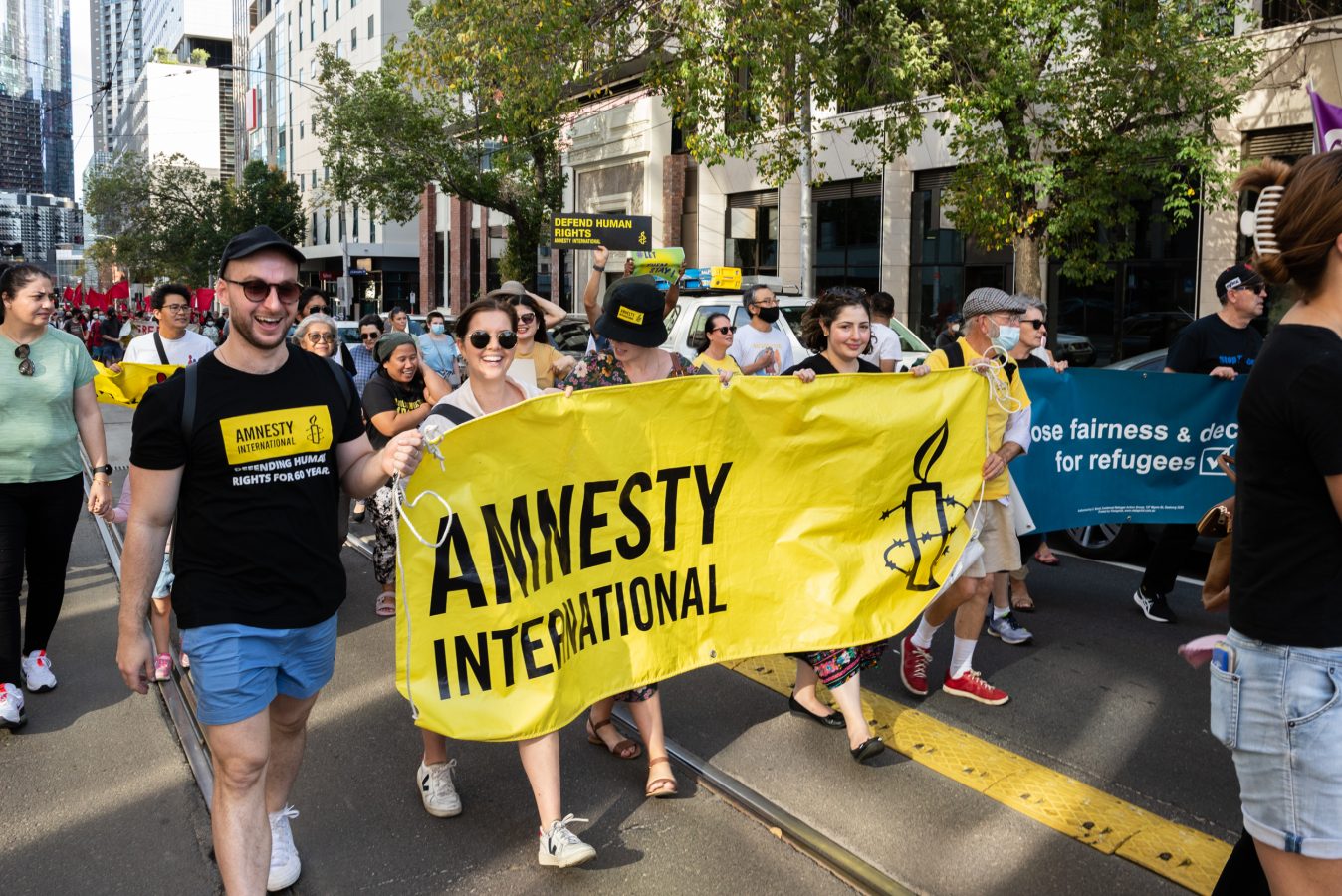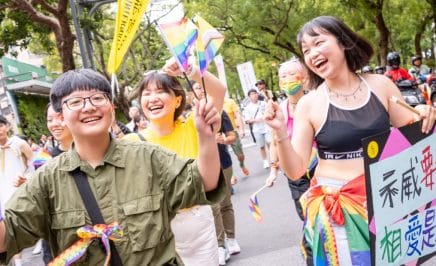Amnesty International Australia today launched its second annual Human Rights Barometer which finds that Australians are strongly in support of a Federal human rights act, all the more so when they discover Australia is the only western liberal democracy without one.
Some Australian States already have human rights acts which have enabled people to challenge breaches of their rights for fairer outcomes, but a Federal act would protect rights for all people in Australia, and protect rights, such as freedom of political communication, which are currently only implied.
When told Australia doesn’t currently have a national Human Rights Act, 73% show support for its introduction (38% strongly support and 35% support).
“At their core, human rights are about respecting the dignity of every one of us. Human rights matter because someone’s quality of life should not be determined by factors beyond their control – race, gender, socio-economic background, sexuality or age. A Human Rights Act would help prevent human rights violations, provide a powerful tool to challenge injustices, and help create respect for human rights in our community, ensuring we are all free to exercise our human rights,” Amnesty International Australia campaigner Nikita White said.
“Amnesty International is calling on the Albanese Government to put human rights – both here at home and abroad – at the heart of all policy decisions and to establish Australia’s place in the world as a human rights leader as well as a free, fair and caring country,” White said.
Australia played a crucial role in developing the Universal Declaration of Human Rights, adopted by the United Nations on December 10, 1948. But Australia today remains the only western liberal democracy without overarching human rights protection, and issues of racism, discrimination, children’s rights and the right to seek asylum, among others, continue to beleaguer our society.
While the Barometer showed a variety of views on racism in Australia, there was consensus that we all have a responsibility to stop it, with 80 percent of respondents agreeing or strongly agreeing with this statement
When asked if different cultures and ethnic groups should do more to fit in, 55% agreed and 18% strongly agreed. Disappointingly, this indicates that a majority of the population believe that a successful and harmonious Australian community is reliant upon some form of cultural homogeneity, again pointing to the need for more discussion surrounding multiculturalism and diversity.
The recent Federal election saw Australians strongly reject attacks on people’s identities and support for action on climate change, progressive policies on refugee rights and First Nations justice.
Amnesty International Australia’s Human Rights Barometer takes a deep dive into Australian attitudes towards key human rights issues such as racism, refugee rights and the effects of COVID-19 on human rights.





